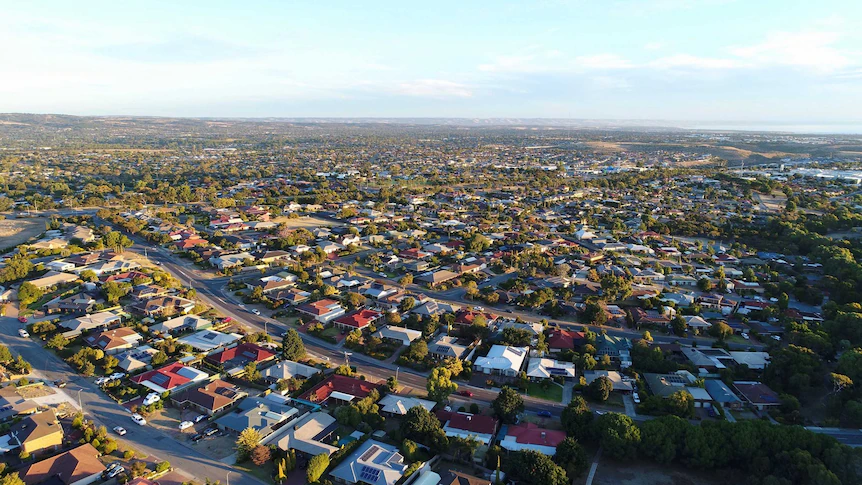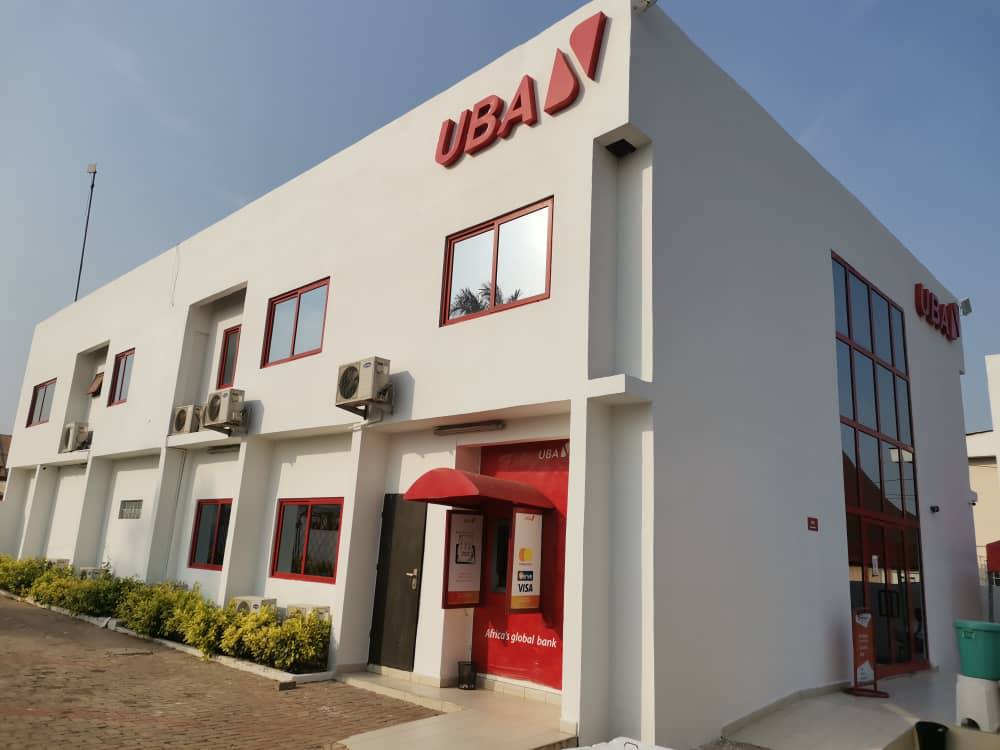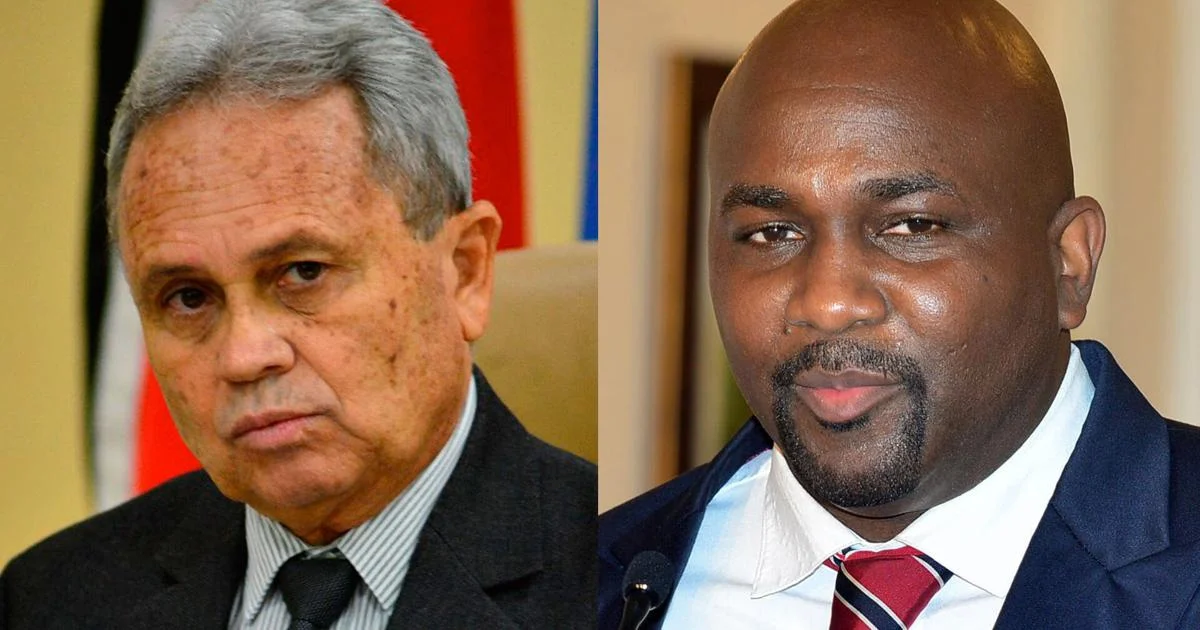By Sophie Holder
Copyright abc

A paid registration system should be established in South Australia to track short-stay accommodation, according to a parliamentary inquiry into the impact of the system on the housing and rental crisis.
A South Australian parliamentary select committee found the short-stay accommodation sector has played a role in the rental affordability crisis, but it was difficult to determine to what extent.
Committee chairperson and Greens MLC Robert Simms said the committee believed a registration scheme could help determine the sector’s impact.
“As a first step we want to have a registration scheme so that we can get to the bottom of exactly how many properties are in play here,” he told ABC Radio Adelaide.
“And of course the correlation of how many properties are listed on Airbnb, versus those that could be on the rental market.
The committee also recommended the state government charge a registration fee or levy as part of any state-based registration scheme.
In a statement Minister for Consumer and Business Affairs Andrea Michaels said the government had made significant changes to rental laws to improve the security of rentals for tenants.
“We will now consider the recommendations made by the select committee,” she said.
Other states have recently regulated the industry, with Victoria introducing a levy from the beginning of 2025.
The ACT passed legislation modelled on the Victorian system, applying from July 1, 2025, while Tasmania also previously passed legislation.
Costs passed on
Calling into ABC Radio Adelaide’s Mornings program, Taso, who owns a property he had been renting out for short-term stay for seven years, said a registration scheme would be a government overreach.
“If I buy property for investment, how I choose to get a return on my investment should be my decision,” he said.
He said regulations interstate were a “kneejerk reaction” to there not being enough housing and the cost of regulation would just be passed onto consumers.
Shelter SA’s chief executive officer Alice Clarke told ABC Radio Adelaide’s Mornings program she would like to see incentives to owners rather than charges or levies, which could be passed onto consumers.
One of the recommendations made by the committee was for the government to consider offering incentives like land tax reductions or one-off grants for owners to transition vacant properties to long-term rental properties.
Dr Clarke said while some owners were not going to be enticed, like those with more “high-end luxury properties”, some owners could be swayed.
“People with just ordinary everyday properties that were sitting vacant, if you did talk to them about the housing crisis and the lack of rentals and affordability, you could bring them back into use in the private rental market,” she said.
Dr Clarke also backed the finding to create a registration system, so there was better data available to understand what role short-stay accommodation had in the housing crisis.
“A registration process would be a very first step in terms of creating an accurate picture of the state of the market,” she said.
“We don’t have that currently.



